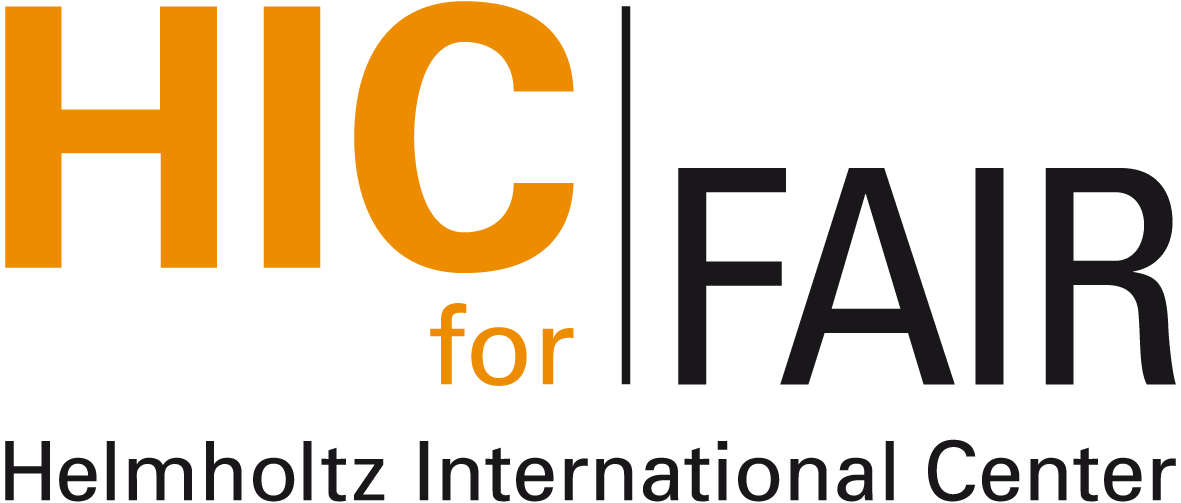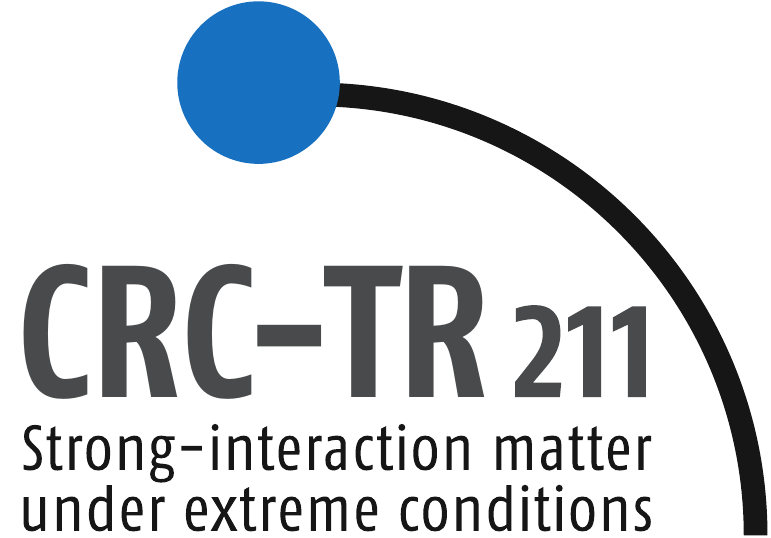\( \newcommand{\dd}{\mathrm{d}} \) \(
\DeclareMathOperator{\sign}{sign} \) \(
\newcommand{\pvec}[1]{\vec{#1}^{\,\prime}} \) \(
\newcommand{\R}{\mathbb{R}} \)
\( \newcommand{\dd}{\mathrm{d}} \) \(
\DeclareMathOperator{\sign}{sign} \)

 Nuclear Physics Seminar
Nuclear Physics Seminar
Venue: Physics Building, Max-von-Laue-Str. 1, PHYS 02.116
Time: Thursday, December 12, 4:30pm (s.t.)
Contact: hees@itp.uni-frankfurt.de
Does $\eta/s$ depend on the EoS?
Pasi Huovinen (Institute of Physics Belgrade)
Extracting the shear viscosity of
quark-gluon plasma from experimental data has been one of the major goals
of heavy-ion physics, leading to very low values of 1-$2/4\pi$. Most of
these works have been done using by now outdated EoS parametrizations, and
I'll discuss how and whether the use of a contemporary EoS affects the
extracted EoS in a full-fledged Bayesian analysis. I will also discuss
whether the minimum value of $\eta/s$ depends on how the temperaturedependence
of $\eta/s$ is parametrised.
Nuclear Physics Colloquium Homepage

 Nuclear Physics Seminar
Nuclear Physics Seminar

 Nuclear Physics Seminar
Nuclear Physics Seminar